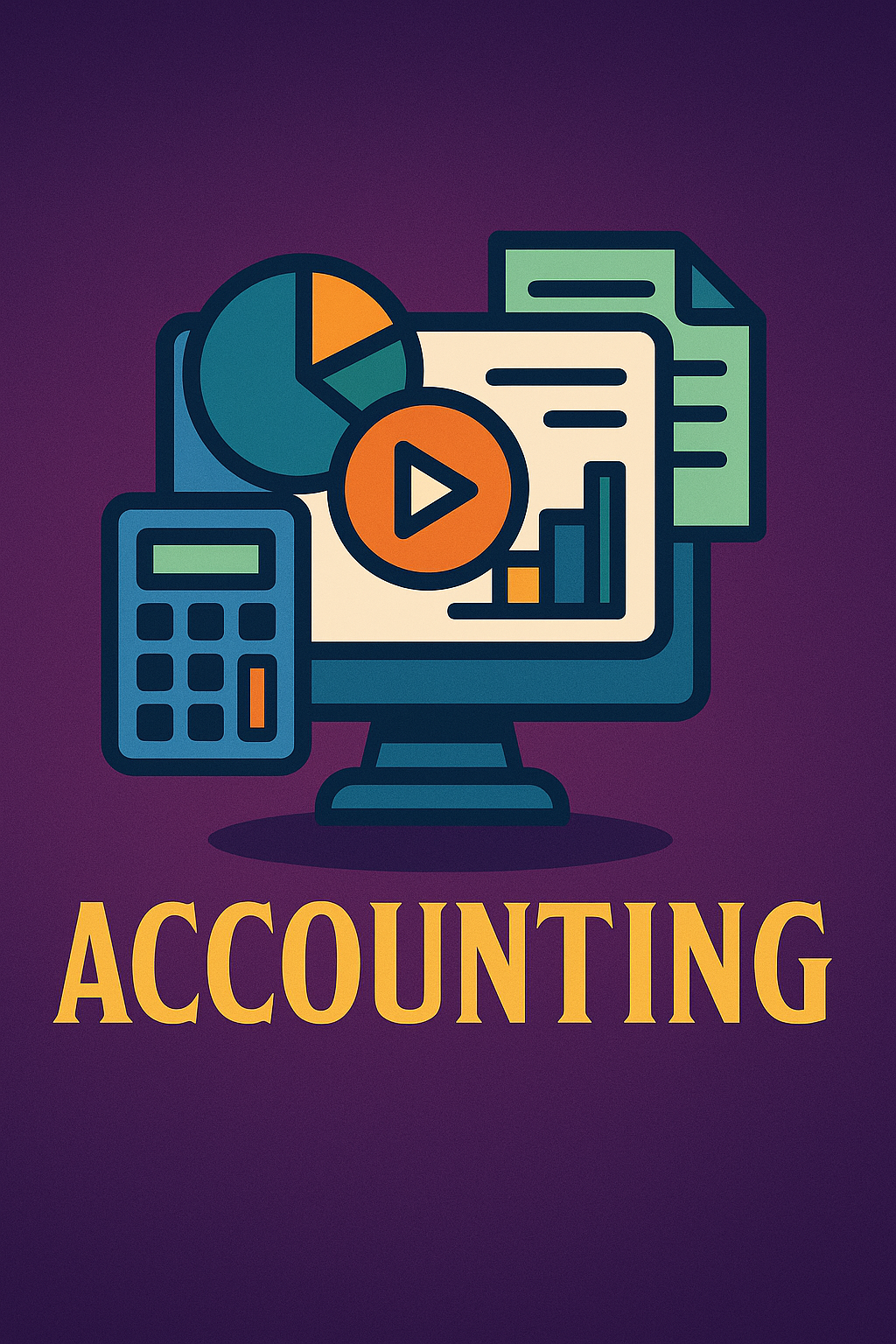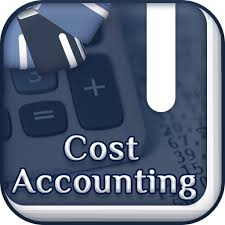
- Teacher: NICHOLAS KIBET
Moodle is an open-source Learning Management System (LMS) that provides educators with the tools and features to create and manage online courses. It allows educators to organize course materials, create quizzes and assignments, host discussion forums, and track student progress. Moodle is highly flexible and can be customized to meet the specific needs of different institutions and learning environments.
Moodle supports both synchronous and asynchronous learning environments, enabling educators to host live webinars, video conferences, and chat sessions, as well as providing a variety of tools that support self-paced learning, including videos, interactive quizzes, and discussion forums. The platform also integrates with other tools and systems, such as Google Apps and plagiarism detection software, to provide a seamless learning experience.
Moodle is widely used in educational institutions, including universities, K-12 schools, and corporate training programs. It is well-suited to online and blended learning environments and distance education programs. Additionally, Moodle's accessibility features make it a popular choice for learners with disabilities, ensuring that courses are inclusive and accessible to all learners.
The Moodle community is an active group of users, developers, and educators who contribute to the platform's development and improvement. The community provides support, resources, and documentation for users, as well as a forum for sharing ideas and best practices. Moodle releases regular updates and improvements, ensuring that the platform remains up-to-date with the latest technologies and best practices.
Links of interest:



You will be able to:
Define management and explain its importance in organizations.
Identify and describe the four main functions of management: planning, organizing, leading, and controlling.
Explain key principles of management such as division of work, unity of command, and equity.
Recognize different levels of management and the roles they play.
Understand the essential management skills required at various levels.
Describe the decision-making process used by managers to solve problems.
Discuss basic motivation theories and their impact on employee performance.
Identify different leadership styles and when they are appropriate.
Explain the importance of effective communication in management.
Understand the role of ethics and social responsibility in business management.

You will be able to:
Understand the purpose and importance of accounting in business and decision-making.
Explain basic accounting concepts and principles like the accounting equation, matching principle, and going concern.
Describe the double-entry system and how every transaction affects at least two accounts.
Record business transactions accurately in journals and post them to ledgers.
Prepare a trial balance to check the accuracy of recorded transactions.
Identify and make adjusting entries for accruals, deferrals, and depreciation.
Prepare basic financial statements such as the Income Statement, Balance Sheet, and Statement of Owner’s Equity.
Understand the importance of internal controls and ethical practices in accounting.